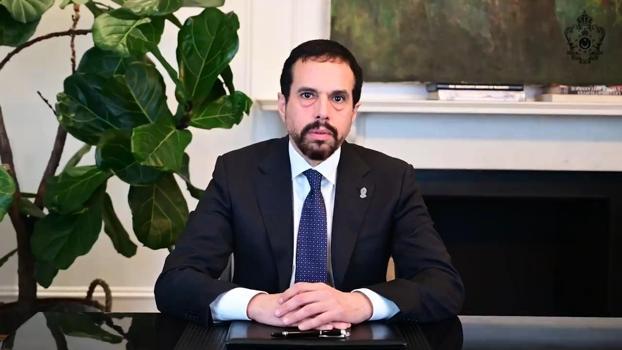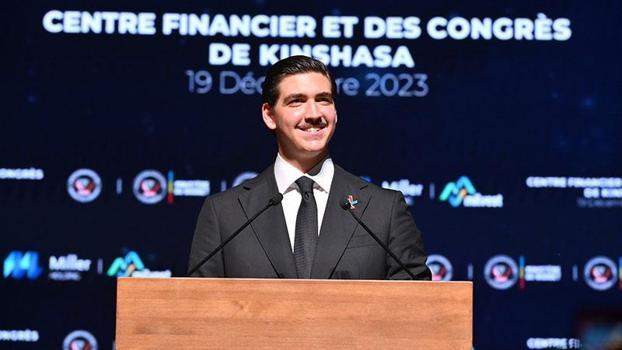Future strategies in the economy were discussed at the Uludag Economy Summit
Organized by Capital, Economist, and StartUp magazines, the Uludag Economy Summit was held under the sponsorship of Dogan Investment Bank. The impact of the latest cyclical developments on the global economy was the highlight of the session. TEPAV Founding Director Dr. Güven Sak, Oxford University Professor of Globalization and Development Ian Goldin, and London Business School Professor of Economics Linda Yueh attended.

SAK: A BETTER FUTURE IS POSSIBLE IF WE KEEP OUR PROMISES TODAY
TEPAV Founding Director Dr. Güven Sak said, “Actually, a better future is possible. Looking at the studies, it seems that there will be a good future, but if we fulfill the promises today, things will be good. In the short term, it is obvious that we are going through a process that has never been seen before. The steps that need to be taken must be taken at the same time with the whole world.”
GOLDIN: A NEW ERA OF COLD WAR BETWEEN USA AND CHINA MAY BEGIN
Ian Goldin, Professor of Globalization and Development at Oxford University, said: “I agree with the pandemic that the global economy has shifted to Asia-Pacific. We see that the economies here have survived the pandemic process better. Even though their economic growth has shrunk, there are values close to global standards, and China's power is increasing day by day."
YUEH: CANNOT RETURN TO 2019 ECONOMIES UNTIL 2025
Linda Yueh, Professor of Economics at London Business School, said, “There will not be a return to the 2019 economy until 2025, and here again, the gap will open between those who can reach the vaccine and those who cannot, and those who cannot be left behind. There are other key points: Inflationary pressures will increase in the world economy, which will bring political management to the fore. People's participation in the workforce should increase and monetary policies should be adjusted accordingly."





